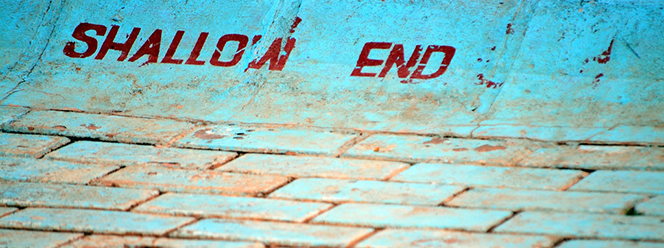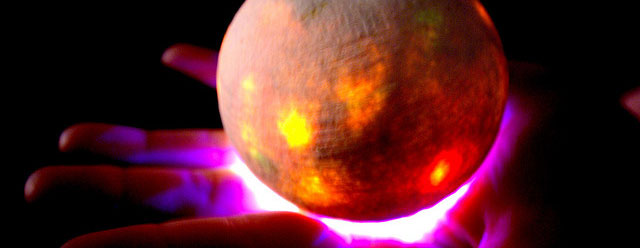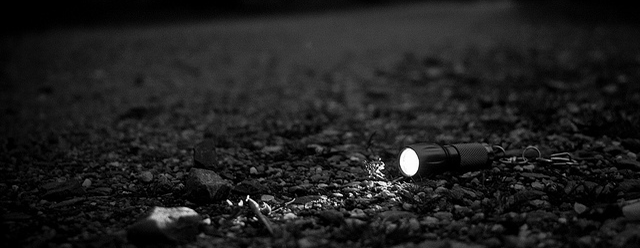
by Tara Joyce | Jul 19, 2016 | Self/Business Growth

To see only yourself in every reflection, and only the parts you want to see, a life is lived in the shallow end. Where there is deepness and darkness, you do not probe, unwilling to go deeper. Uncomfortable with its truth, you reject and dismiss that which you care not to understand.
To be shallow is to only see—and believe in—the surface facade of others, and of yourself. This shiny surface is so alluring when the darker, less “perfect” aspects of yourself are unacceptable. You live on the surface, so that life’s deeper truths and anyone who expresses them, can easily be rejected.
To dip below the surface is supremely threatening, for to acknowledge the depth possible is to accept the imperfect life we each bear. Dipping below your own facade, your own shiny surface, to acknowledge and accept your own imperfections is more than your shallow heart will currently bear.
Instead, it is easier to see that “other” people have issues, that there is something supremely “wrong” with them. It is easier to point fingers and to place blame. It is easier to not understand and to judge. Resolved of responsibility, comfortable in the shallow end, you do not see the deeper, darker truth of yourself hidden in plain sight. Everyone in your life is a mirror reflecting back the parts you love and dislike about yourself. Those which provoke you and numb you, those which drive you to turn away and to hide from your darkness, are the very reflections you can learn the most from.
photo credit: stttjin

by Tara Joyce | Jan 7, 2015 | Innerpreneurship

You make a difference by being what you truly are. You change your world by being the light you naturally are and by holding onto it, no matter what externally flies your way. In living your True Nature, you support others in realizing theirs.
Another can hurt you, or attempt to, but in knowing and holding your light, their is no need to reduce yourself in reaction to them — despite their desire for you to do so. Reacting to them with fear only results in you holding less of your light and in you feeling less than. The cycle of fear and of drama continues.
When you can accept the pain you feel, you can find the strength and presence to respond with your light. You have the right to hold the light you naturally are, no matter what externally flies your way. You have the power to respond to other people’s darkness (and your own) with fairness and compassion.
Others darkness and how they use it does not have to change your light. Unless you choose for it to.
photo credit: Dave King

by Tara Joyce | Sep 30, 2014 | Cultural Creativity

We don’t really have a problem with peoples imperfections. We don’t really hate the dark aspects we each contain. It feels like we do, but our feelings can be misleading sometimes.
It’s easy to point out and judge another for the things that aren’t perfect about them. If you decide to take on this job, your list will easily become a mile long. We are not perfect, and you’re always going to be able to find evidence to back this truth up. No matter the person.
What you really have a problem with, when you find yourself angered by another and their imperfections become so glaringly obvious to you, is the lack of responsibility you feel that person has over them. Your pissed because they are not being aware of the dark things about themselves and their behaviour, and how it affects you. You feel they are not being responsible in their doing.
If I was to own my darkness and be up front and responsible for the ways in which I am imperfect and how they affect you, how would that change your anger towards me, and towards the imperfections I hold? In my experience, you no longer mind my imperfections so much, nor judge them so harshly, because I am aware of them and responsible to them. It wasn’t my darkness that was getting you, it was my lack of responsibility towards it.
If I own my stuff, if I am aware and shine a light on my darkness and admit my contributions, you may be left with some anger towards my actions, but in owning my part I’ve created the space for you to own yours and/or move on. In being responsible for my imperfections, I’m not in conflict with you over them. I am free to admit what I did and who I am.
When I own my darkness, does it not make it harder for you to hate and blame me for it?
photo credit: Sergio García Moratilla






